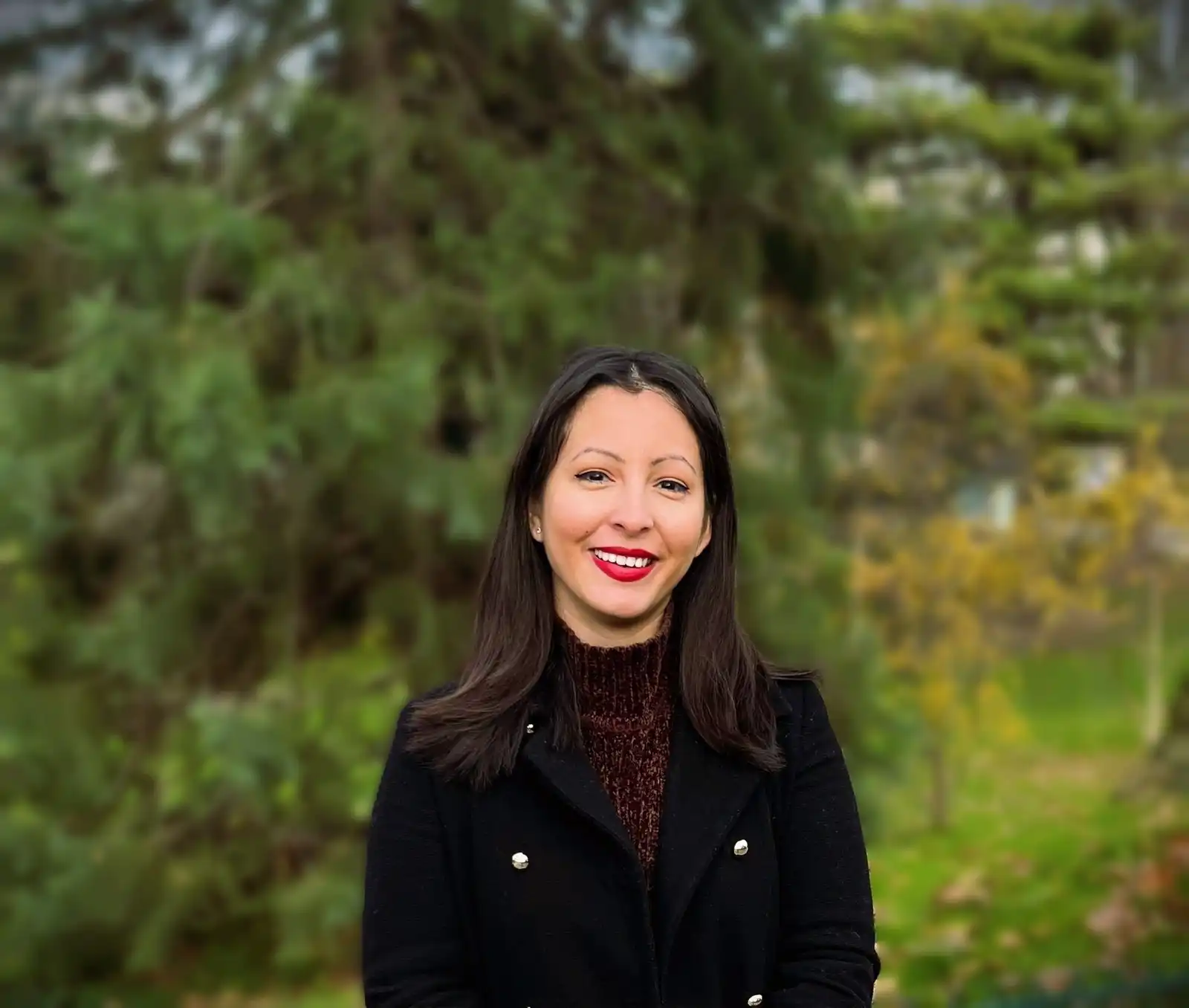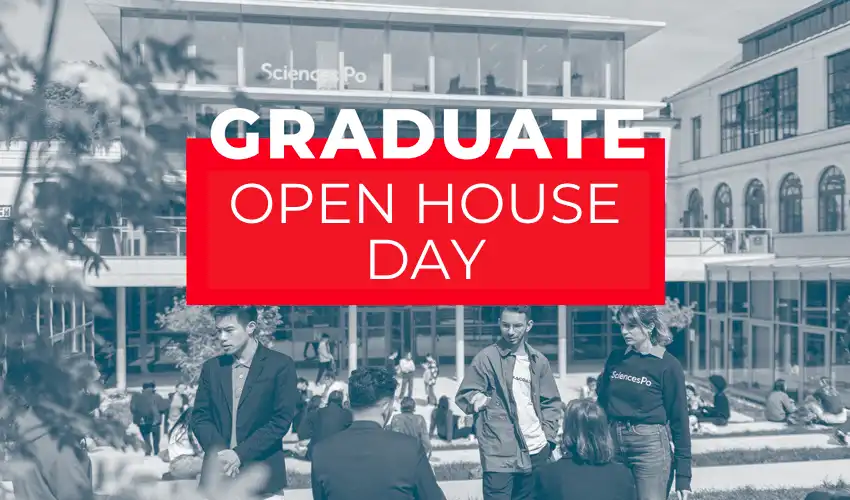Home>Itziri, Schwarzman scholar and Programme Manager at the CNRS
29.02.2024
Itziri, Schwarzman scholar and Programme Manager at the CNRS

Itziri Gonzalez-Barcenas has graduated in the Master in Human Rights and Humanitarian Action. After her Master, she received a one-year Schwarzman scholarship to study Global Affairs at Tsinghua University in Beijing, China. Itziri also works as Programme Manager at the CNRS (Centre Nationale de Recherche Scientifique).
Tell us more about the Schwarzman Scholarship
The Schwarzman Scholarship is an international fellowship program that was founded in 2013 by Stephen A. Schwarzman, Founder, Chairman, and CEO of Blackstone. It is a fully funded one-year Master’s degree in Global Affairs at Tsinghua University in Beijing, China. Every year up to 200 scholars are chosen from all over the world based on three main evaluation criteria: demonstrated leadership, intellect, and exemplary character and integrity. The goal of the program is to allow young leaders to experience China, and in doing so, to deepen understanding between China and the rest of the world.
What does this scholarship mean to you?
This scholarship means the world to me. I frankly never imagined something like this. I was an undocumented Mexican immigrant in the United States, so I had a pretty tumultuous childhood and adolescence. I grew up in a community where most people around me worked in factories, or construction, cleaned houses, were cooks/servers at restaurants, or simply did a number of odd jobs to keep a roof over their heads and food on the table. I am the first in my family to even graduate from high school. Anything beyond that - my undergraduate degree from Davidson College and my Master’s degree from Sciences Po PSIA - is beyond my family’s expectations. This scholarship renews my confidence that someone like me can truly make a difference. This opportunity will allow me to not only immerse myself in a completely new region of the world that I have never had the opportunity to go to, but it will also provide unique mentorship and networking opportunities. I will also join another community of curious, driven, and passionate people ready to engage in difficult, but much-needed conversations to achieve social change. I have met scholars from my cohort in London/Paris and virtually met current and previous scholars, so am already feeling like a part of this big network.
How did your PSIA experience contribute to preparing you for this scholarship?
PSIA was such an interesting experience since you are surrounded by people from all over the world. It was the first time I met people from so many diverse countries and cultures. It made me curious to keep exploring new places. As a student at PSIA, we also have the unique opportunity to volunteer for the Paris Peace Forum, so I did and was in such awe at the size and high-level nature of this event - I got to briefly meet VP Kamala Harris and was the official greeter for the Spanish Delegation headed by King Felipe VI of Spain! This led me to want to learn more about this type of career, so the following semester I took an ‘Introduction to Negotiation’ course. This was my first exposure to bilateral and multilateral negotiation. I fell in love with the challenging process and took advantage of my 3rd semester to do two internships - one at UNHCR in Geneva and the other at UNEP in Paris - which furthered my curiosity. This culminated in me taking the ‘Humanitarian Diplomacy and Negotiation’ course during my final semester at PSIA and, simultaneously, doing a part-time internship with the Permanent Mexican Delegation to the OECD. Finally, PSIA helped me further develop a number of critical hard skills through courses and off-campus experiences including language development, research, and data analysis, as well as soft skills like teamwork, communication, and conflict resolution. All in all, these experiences opened my eyes to the exciting world of multilateral diplomacy. I want to continue exploring this interest and Schwarzman Scholars - through its unique focus on China - seems like an interesting next step in achieving this given our current fragmented geopolitical landscape.
What advice would you give to current students?
The biggest advice I would give to current students is to take advantage of every opportunity to learn as much as you can at PSIA - within and beyond the classroom. Volunteer, take French classes, meet students outside of your program, get to know your professors, and above all, keep an open mind because you never know where you might end up. I have been following my interests and it has been a nontraditional, nonlinear, but rather exciting journey!
- More about the Master in Human Rights and Humanitarian Action
- More about the CNRS (Centre Nationale de Recherche Scientifique)
Virtual Graduate Open House day, October 2025

On 18 October 2025: meet faculty members, students and representatives and learn more about our 30 Master's programmes.